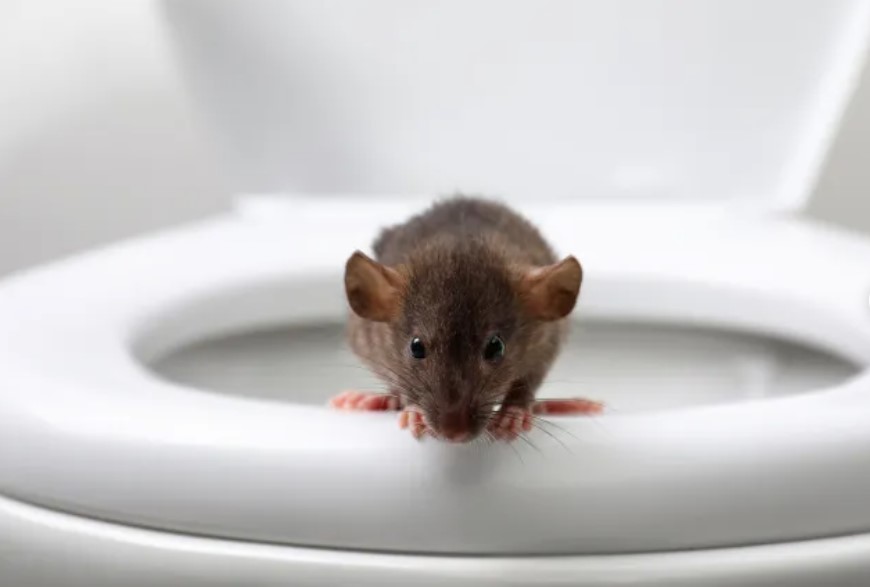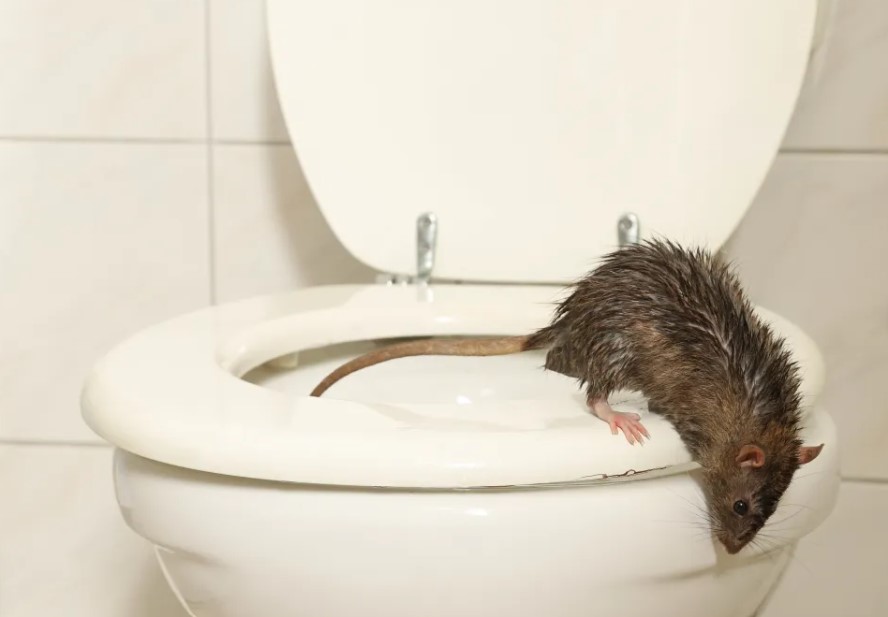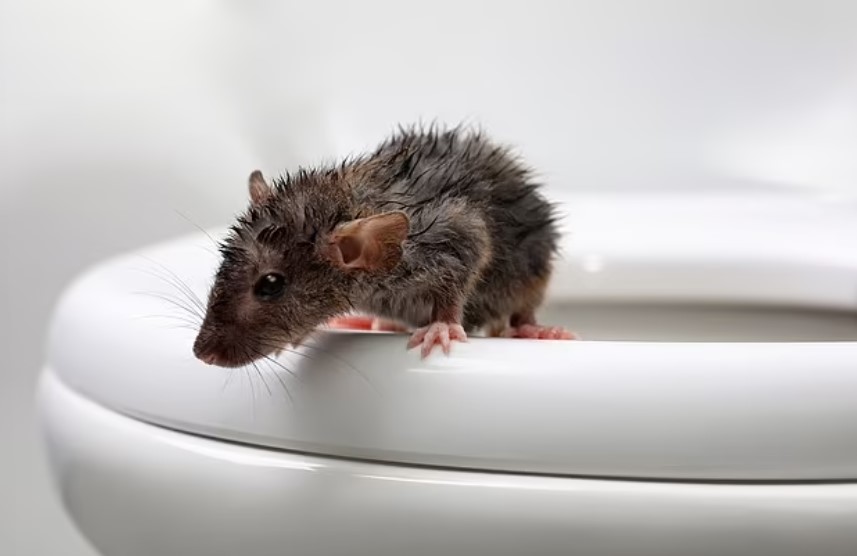
A shocking incident occurred in Canada when a 76-year-old man was bitten and infected by a rat that came out of his toilet.
This event sparks concerns about the health dangers related to rodents and emphasizes the need for preventive actions to keep homes free from these pests.

The incident took place in Canada and has caused significant concern within the community.
The individual suffered bites on two of his fingers while attempting to remove the rat from the toilet bowl.
He was immediately taken to the hospital for treatment, where his wounds were dressed, and he was discharged.

However, after 18 days, he returned to the hospital with symptoms of fever, headaches, and severe abdominal pain, leading to his admission to the intensive care unit (ICU).
It was during this time that doctors conducted tests and discovered that he had been infected with leptospirosis, a bacteria commonly found in rat urine.

They also found indications of multi-organ failure and sepsis. The man was promptly administered antibiotics, and after a few days, he had recovered sufficiently to be able to return home.
According to the doctors, the rat that bit the man may have recently urinated, thus contaminating its oral cavity with urine.
When it bit the man, the bacteria from its urine were directly transferred into his bloodstream.

Leptospirosis infections are relatively rare in the US, with only about 100 to 150 cases diagnosed each year, of which up to 15 percent are fatal.
Transmission typically occurs when individuals come into contact with rat urine or water contaminated by rat urine.
Although transmission through bites has been reported before, it is not the most common route of infection.

The doctors involved in this case shared it in the Canadian Medical Association Journal to raise awareness about the fact that rat bites can result in leptospirosis, which can be challenging to diagnose.
They also suggested that administering antibiotics shortly after a rat bite could help prevent infections.
While the issue of antibiotic prophylaxis after a rat bite remains unresolved, the doctors emphasized that rat bites can lead to rat bite fever and have a higher risk of infection due to the puncture wounds they create.




